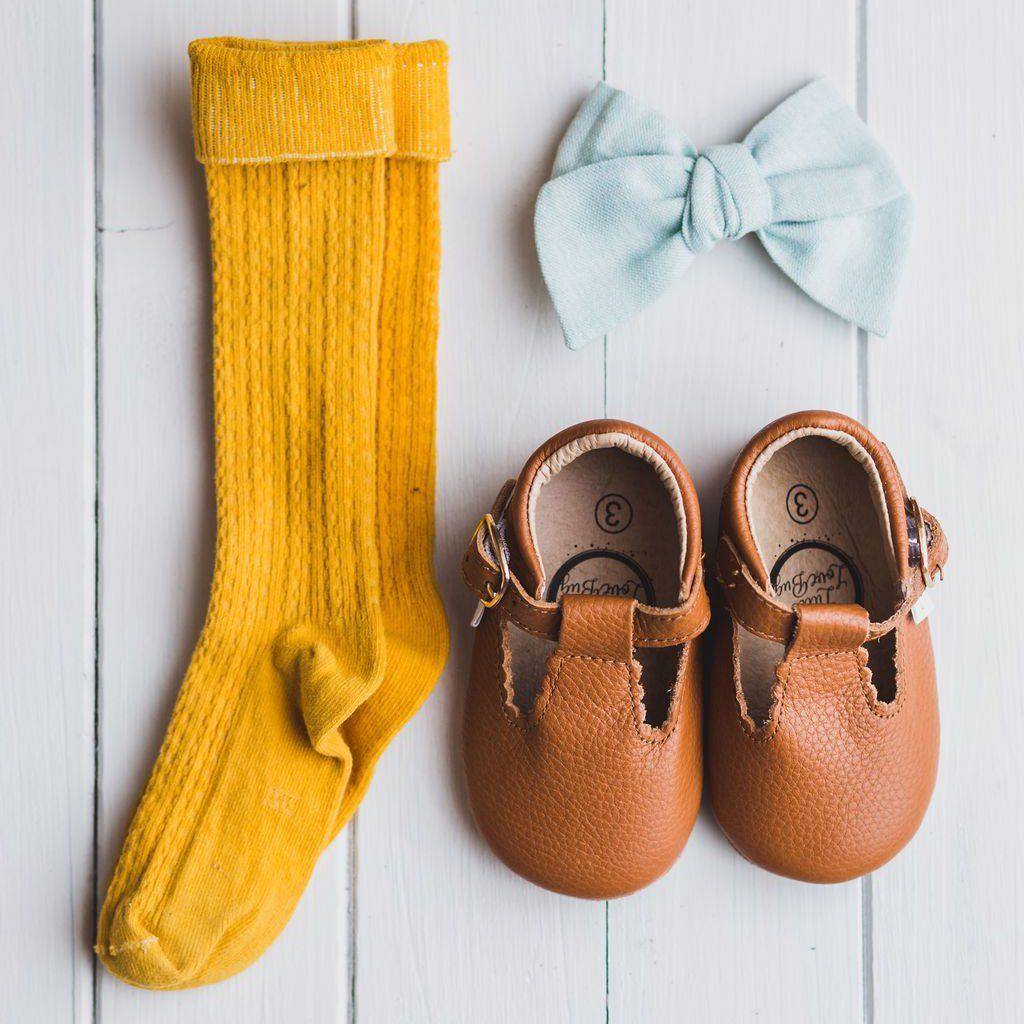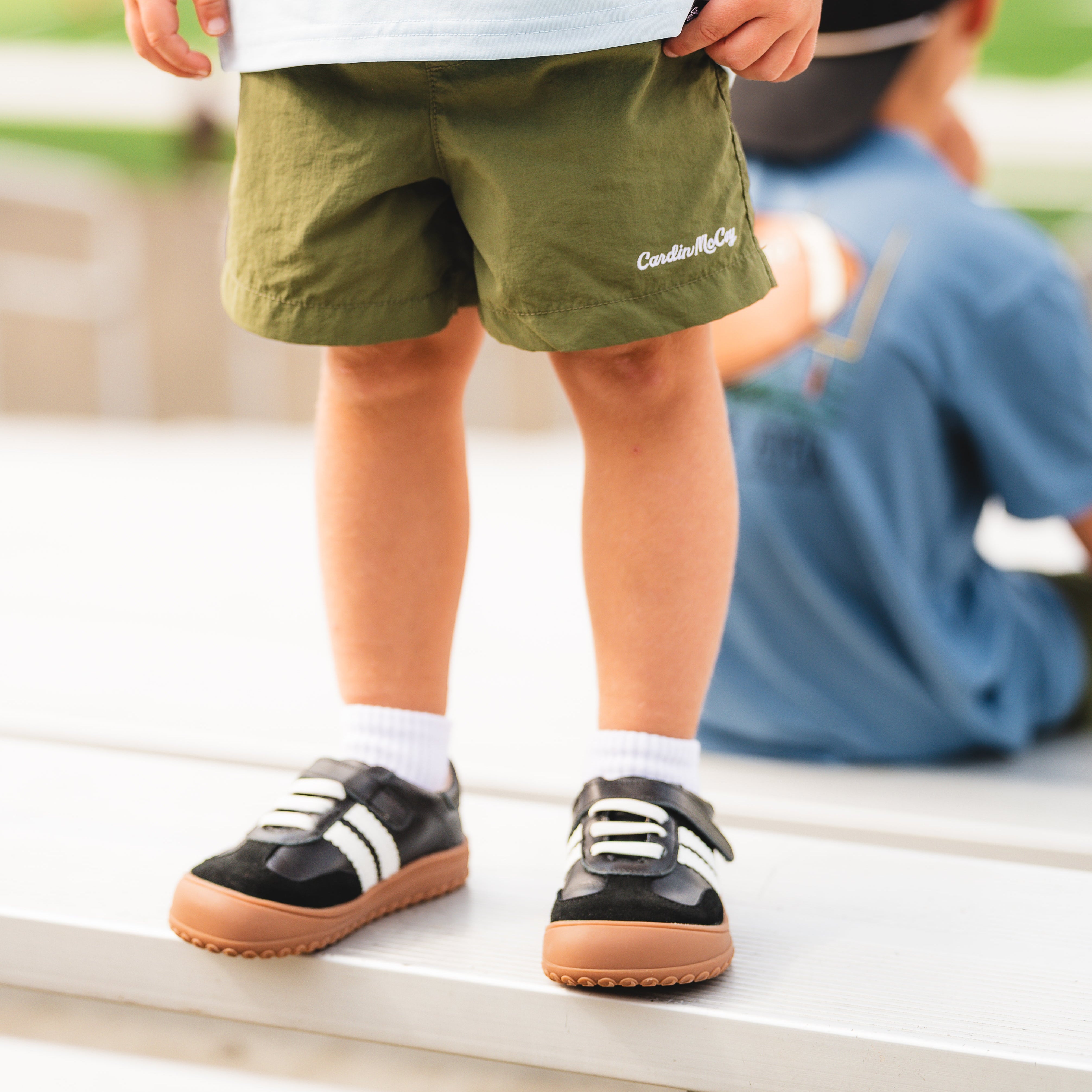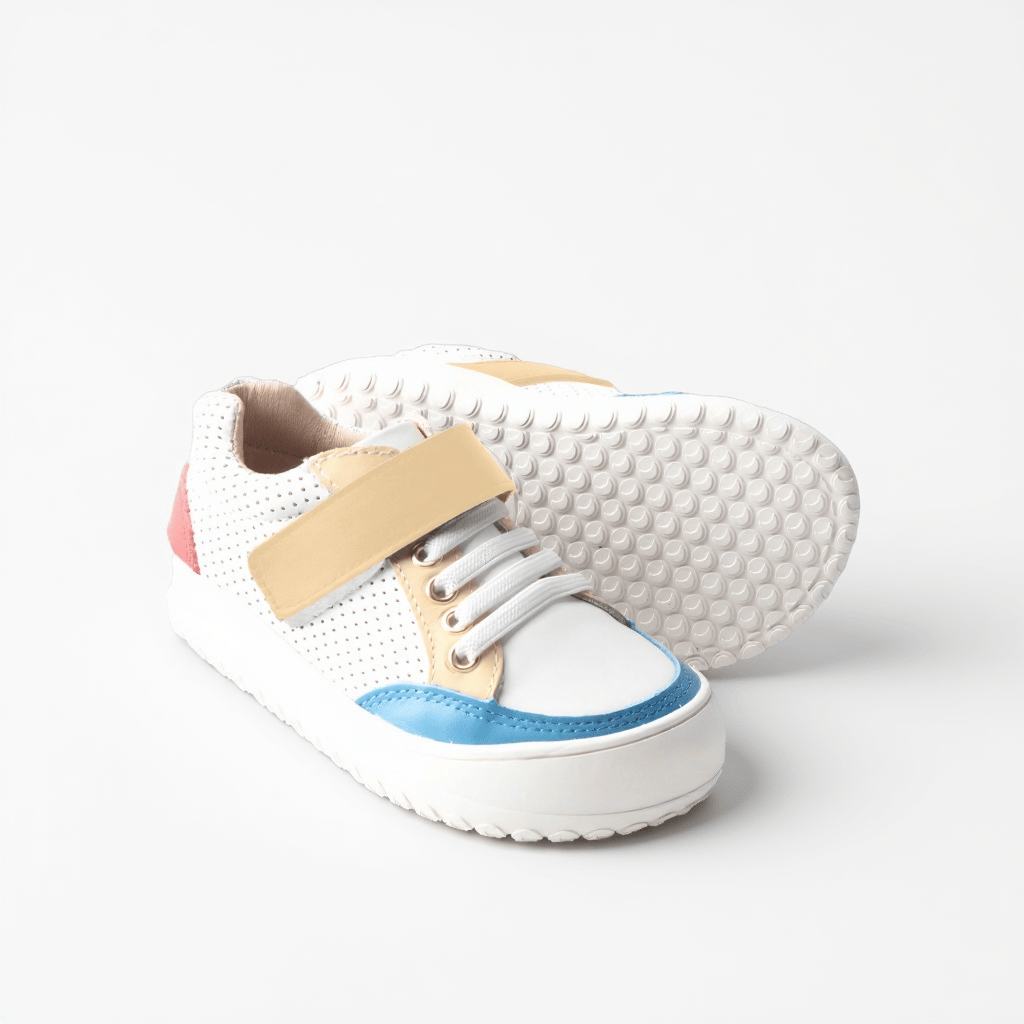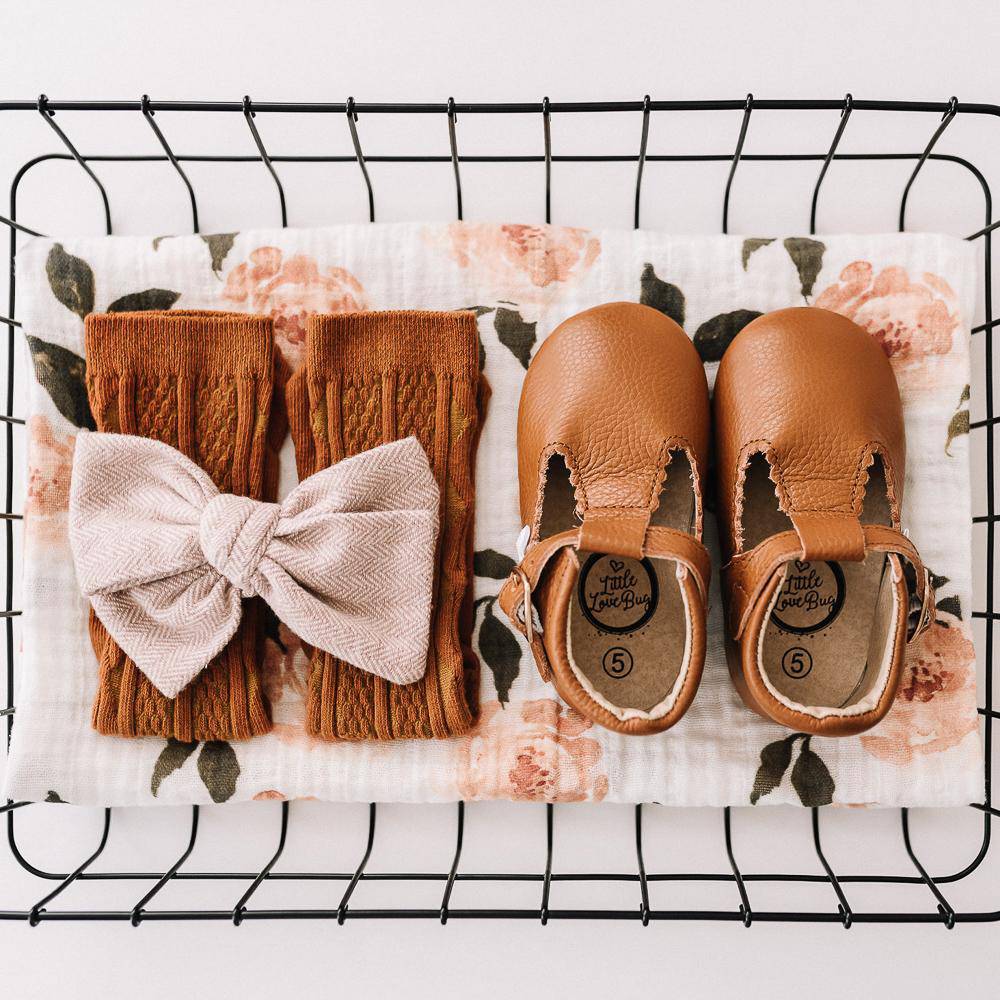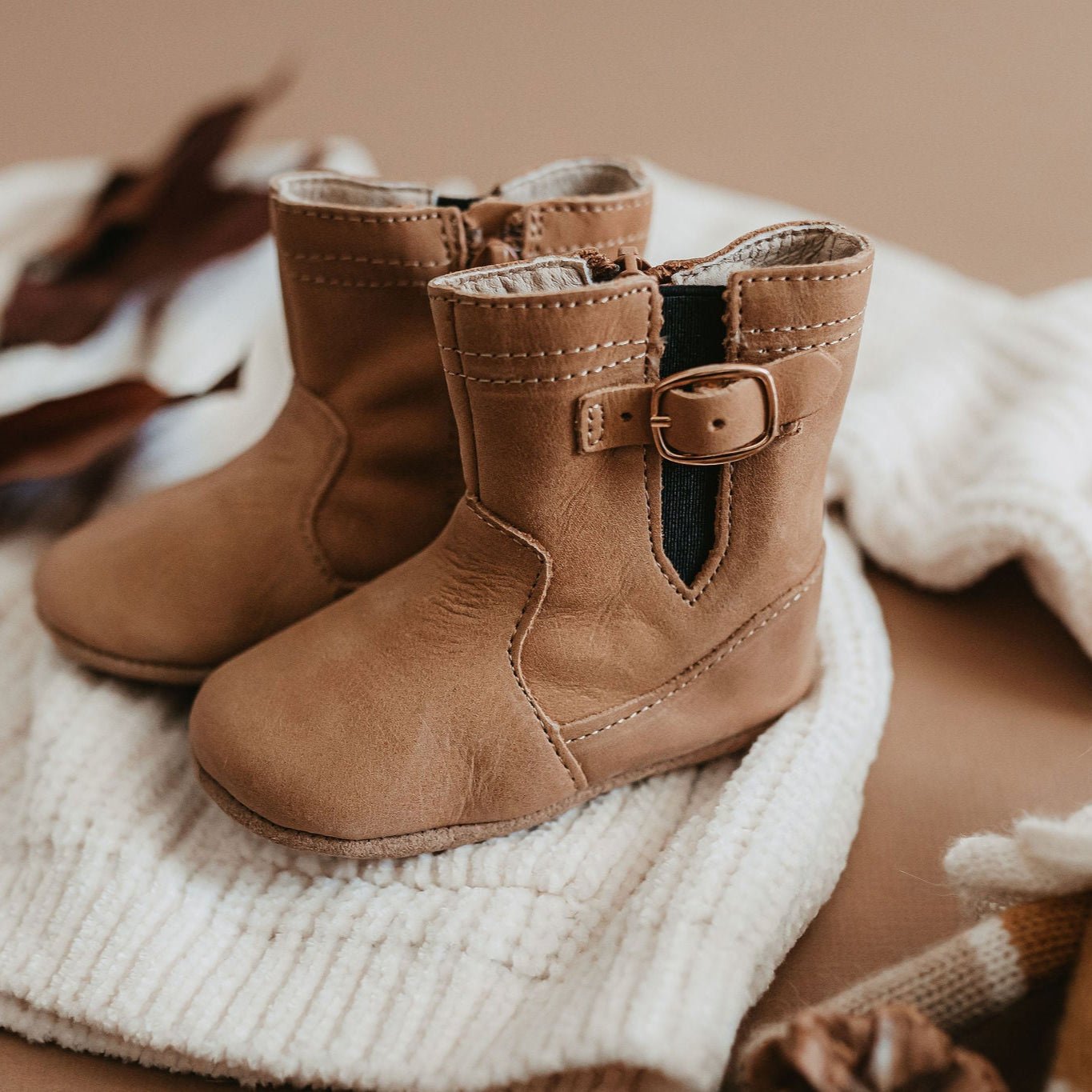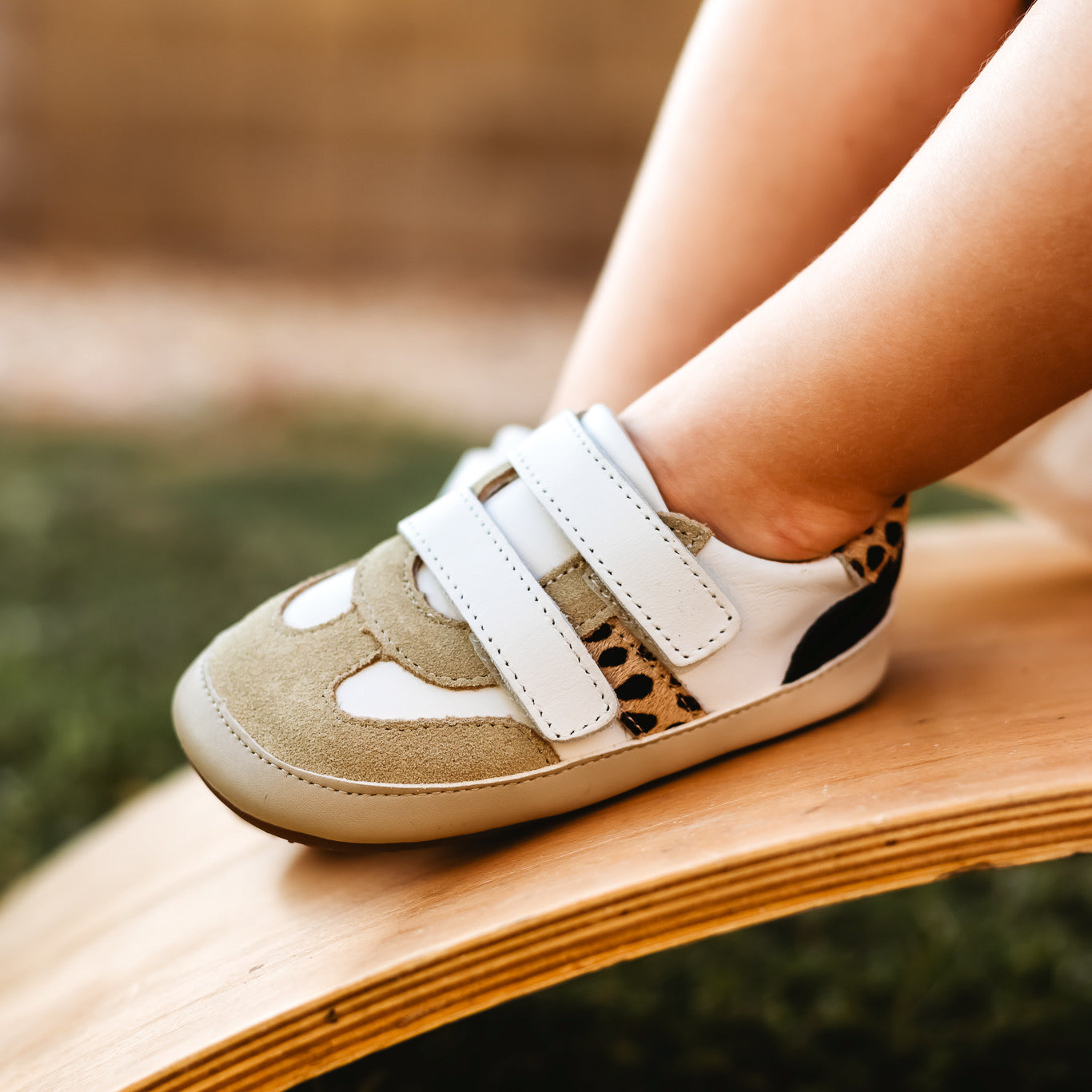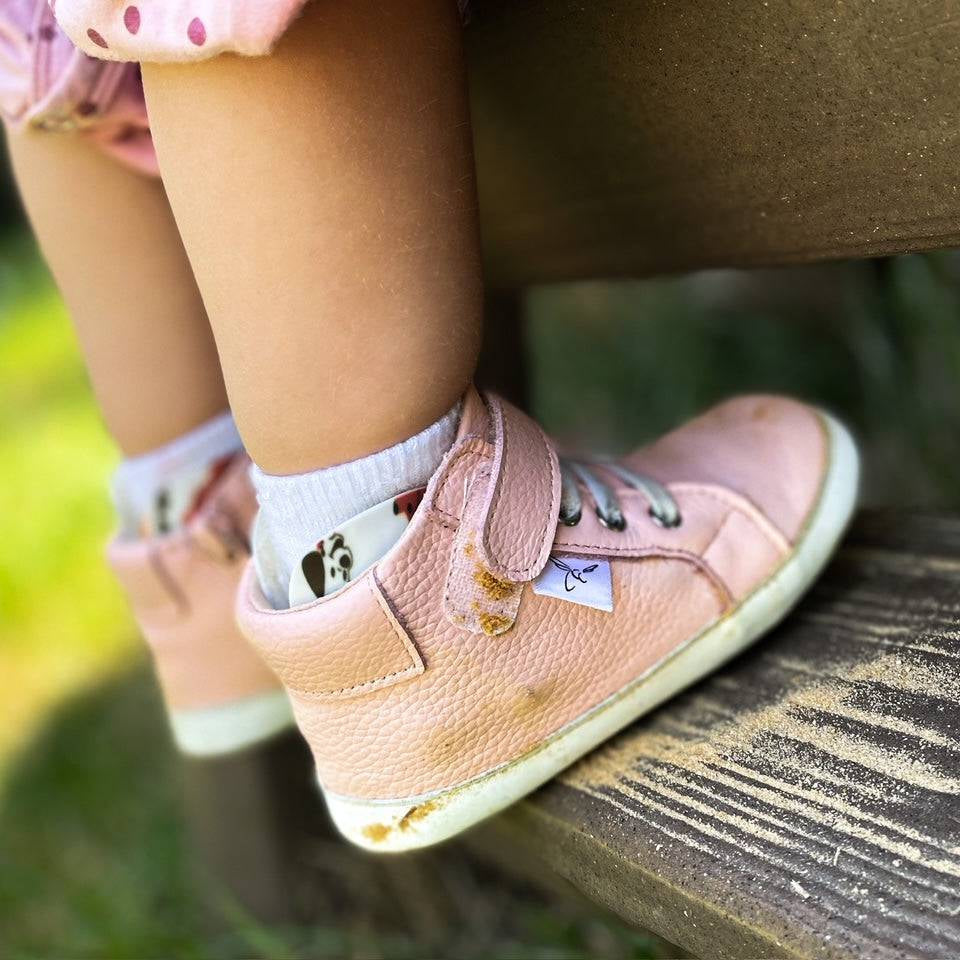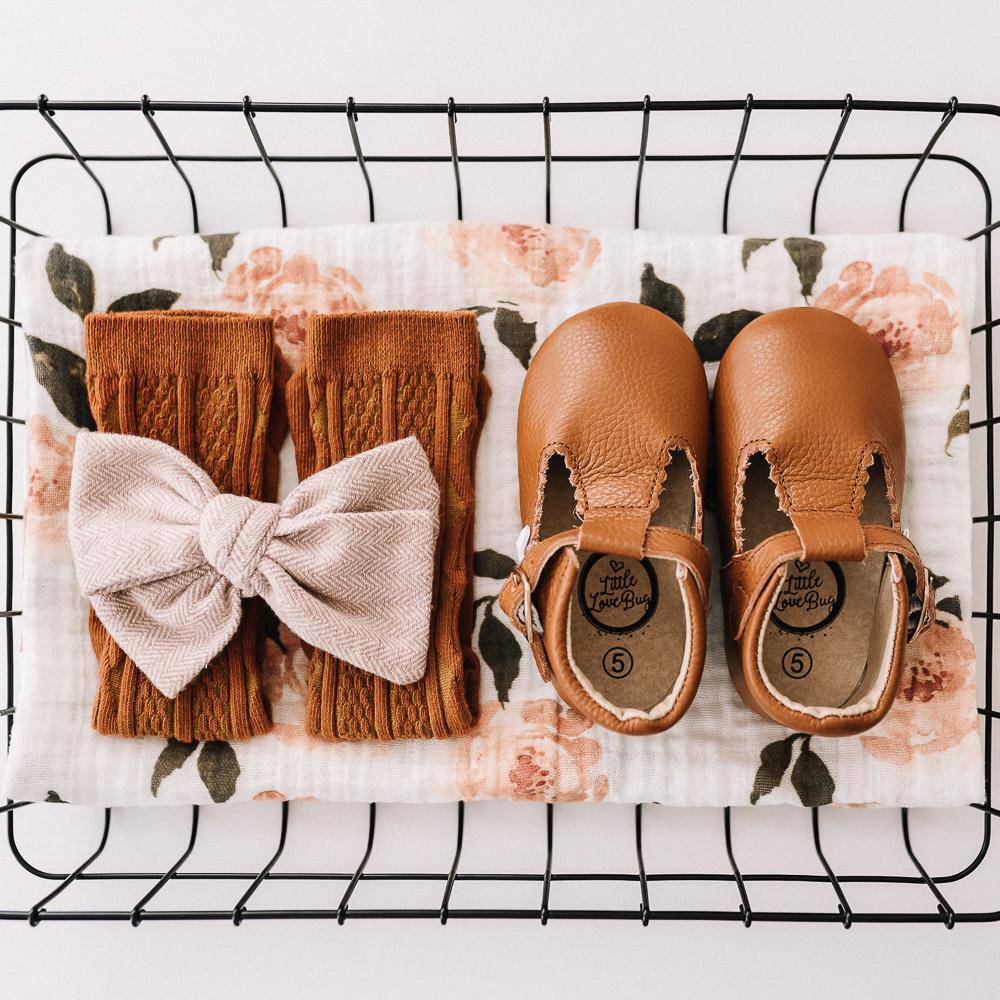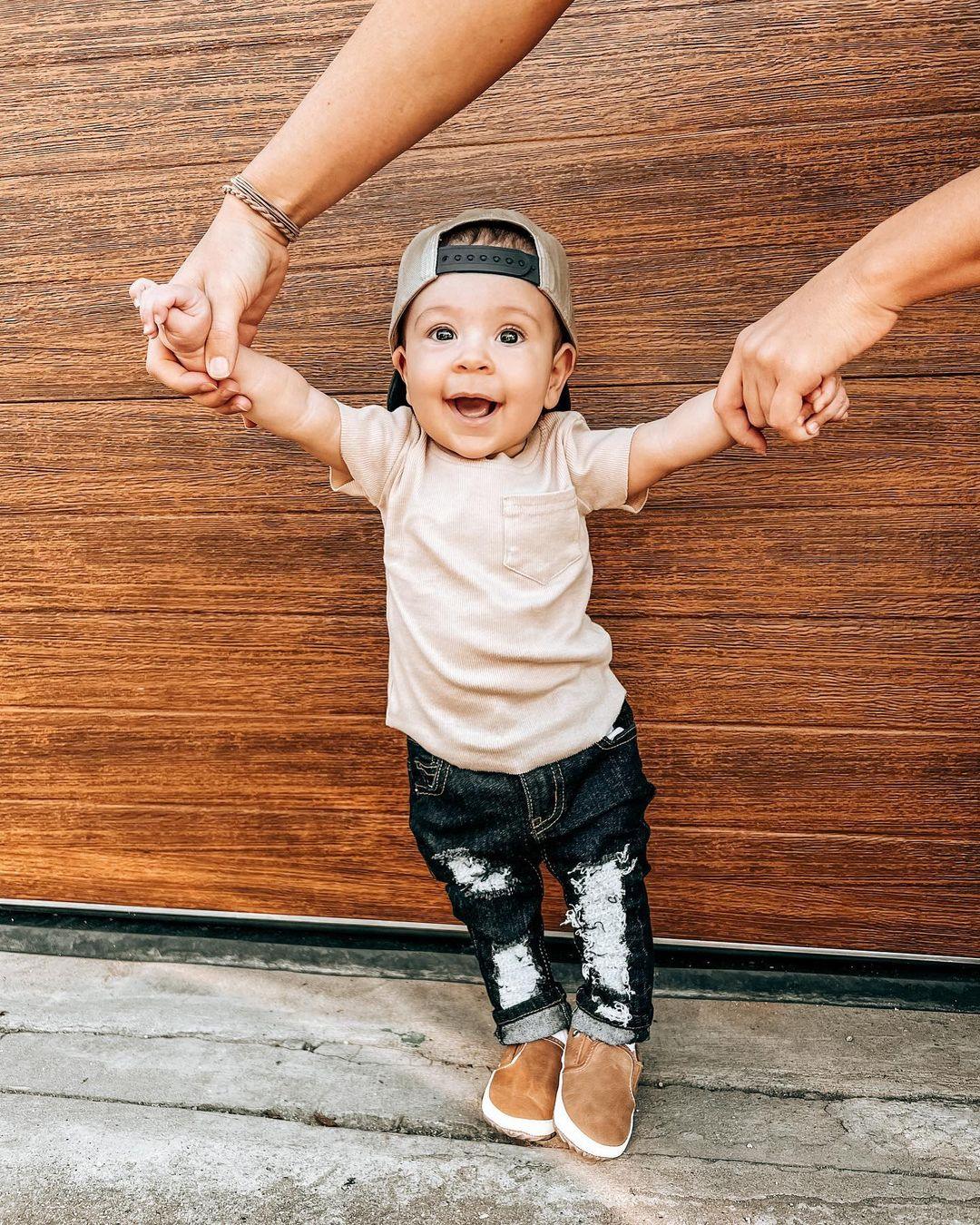
Is Your Baby Ready to Walk? Here's How to Encourage Them
Is Your Baby Ready to Walk? Here's How to Encourage Them
As a parent, watching your baby take those first steps is an incredible moment that you'll never forget. But when is the right time for your baby to start walking and how can you encourage them to do so? In this blog post, we'll discuss when it's the right time for your baby to start walking and how you can help them take their first steps with confidence. So if you've been wondering when your baby is ready to start walking and what you can do to help them, read on to find out more.
When Do Most Babies Start Walking?
Most babies begin to take their first steps around the age of one, although some can start as early as nine months. The average age for walking independently is usually between 12 and 15 months, but this is just a guideline. Some babies may walk earlier or later than others, so don’t worry if your baby isn’t walking by this time. Every baby is different and some take longer to reach milestones such as walking.
It’s important to remember that there is no set timeline for when your baby will be ready to start walking. Each baby develops at their own pace and some may not be ready to walk until they are a bit older. If you’re concerned about your baby’s development, speak to your doctor or health visitor for advice.
What Are the Signs That My Baby Is Ready to Start Walking?
One of the most exciting milestones in a baby’s development is learning to walk. Most babies start walking between the ages of 9-15 months. But, there are some signs that can let you know if your little one is ready to take their first steps.
The first sign is your baby’s ability to stand on their own. If your baby can stand without any help for a few seconds, then they may be ready to take their first steps. Another sign is if your baby can balance when standing or walking along furniture or other objects. Babies should be able to bear some of their weight when they are learning to walk. They should also be able to hold onto something while they practice walking.
Another sign that your baby may be ready to start walking is if they are taking more steps while holding onto furniture or other objects. Finally, if your baby can understand simple instructions like “Come here” or “Let’s go” then they may be ready to start walking.
It is important to keep in mind that every child is different and may start walking at different ages. Some children may start walking earlier than others and some may take a bit longer. As long as your baby is meeting the physical and cognitive milestones for walking, then you can rest assured that they will start walking soon!
How Can I Help My Baby Learn to Walk?
When your baby is ready to start walking, you can help them learn by encouraging them to practice. Start by helping your baby stand with support and let them get used to the feeling of being on their feet. As they become more comfortable, you can use a crawl walker or pull them up on furniture so that they can practice standing up.
You should also give your baby plenty of opportunities to practice moving around. Place their toys in different locations around the room and allow them to explore, or have your baby move around while holding onto furniture. Let your baby take their time and don’t be afraid to use your hands to help them balance as they move around.
In addition to providing your baby with plenty of practice opportunities, you can also use activities to encourage your baby to start walking. Use songs and games that involve movement, such as playing follow-the-leader or peek-a-boo. You can also try using a toy or ball to entice your baby to take steps towards it.
Finally, be sure to offer lots of praise when your baby takes a step. Clapping and cheering will help build confidence and enthusiasm for taking more steps. Before you know it, your little one will be walking all over the house!
What Should I Do If My Baby Seems reluctant to Start Walking?
If your baby seems reluctant to start walking, it’s important to stay patient and supportive. Most babies don’t start walking until they’re around a year old, so be patient and understand that your little one has to master many developmental milestones before they can walk.
Start by giving your baby plenty of opportunity for supervised practice. Place them on the floor with a few toys nearby and encourage them to move their feet and explore the space around them. It may help to sit on the floor with your baby and cheer them on as they take their first steps.
In addition, you can use props to help your baby learn how to walk. Consider purchasing a baby walker, which will provide a safe environment where your baby can practice walking while also having the stability of something to hold onto. A baby gym or activity center can also help give your baby more opportunities to practice standing and cruising around furniture.
It’s also important to encourage your baby through verbal praise and physical touch. Tell them what a great job they are doing and celebrate each milestone. You can also give them gentle touches or hugs to reinforce positive behaviors.
Finally, if your baby is still reluctant to walk after a period of time, you should talk to your pediatrician about the issue. They may suggest specialized exercises or refer you to a physical therapist for additional guidance.
As a parent, watching your baby take those first steps is an incredible moment that you'll never forget. But when is the right time for your baby to start walking and how can you encourage them to do so? In this blog post, we'll discuss when it's the right time for your baby to start walking and how you can help them take their first steps with confidence. So if you've been wondering when your baby is ready to start walking and what you can do to help them, read on to find out more.
When Do Most Babies Start Walking?
Most babies begin to take their first steps around the age of one, although some can start as early as nine months. The average age for walking independently is usually between 12 and 15 months, but this is just a guideline. Some babies may walk earlier or later than others, so don’t worry if your baby isn’t walking by this time. Every baby is different and some take longer to reach milestones such as walking.
It’s important to remember that there is no set timeline for when your baby will be ready to start walking. Each baby develops at their own pace and some may not be ready to walk until they are a bit older. If you’re concerned about your baby’s development, speak to your doctor or health visitor for advice.
What Are the Signs That My Baby Is Ready to Start Walking?
One of the most exciting milestones in a baby’s development is learning to walk. Most babies start walking between the ages of 9-15 months. But, there are some signs that can let you know if your little one is ready to take their first steps.
The first sign is your baby’s ability to stand on their own. If your baby can stand without any help for a few seconds, then they may be ready to take their first steps. Another sign is if your baby can balance when standing or walking along furniture or other objects. Babies should be able to bear some of their weight when they are learning to walk. They should also be able to hold onto something while they practice walking.
Another sign that your baby may be ready to start walking is if they are taking more steps while holding onto furniture or other objects. Finally, if your baby can understand simple instructions like “Come here” or “Let’s go” then they may be ready to start walking.
It is important to keep in mind that every child is different and may start walking at different ages. Some children may start walking earlier than others and some may take a bit longer. As long as your baby is meeting the physical and cognitive milestones for walking, then you can rest assured that they will start walking soon!
How Can I Help My Baby Learn to Walk?
When your baby is ready to start walking, you can help them learn by encouraging them to practice. Start by helping your baby stand with support and let them get used to the feeling of being on their feet. As they become more comfortable, you can use a crawl walker or pull them up on furniture so that they can practice standing up.
You should also give your baby plenty of opportunities to practice moving around. Place their toys in different locations around the room and allow them to explore, or have your baby move around while holding onto furniture. Let your baby take their time and don’t be afraid to use your hands to help them balance as they move around.
In addition to providing your baby with plenty of practice opportunities, you can also use activities to encourage your baby to start walking. Use songs and games that involve movement, such as playing follow-the-leader or peek-a-boo. You can also try using a toy or ball to entice your baby to take steps towards it.
Finally, be sure to offer lots of praise when your baby takes a step. Clapping and cheering will help build confidence and enthusiasm for taking more steps. Before you know it, your little one will be walking all over the house!
What Should I Do If My Baby Seems reluctant to Start Walking?
If your baby seems reluctant to start walking, it’s important to stay patient and supportive. Most babies don’t start walking until they’re around a year old, so be patient and understand that your little one has to master many developmental milestones before they can walk.
Start by giving your baby plenty of opportunity for supervised practice. Place them on the floor with a few toys nearby and encourage them to move their feet and explore the space around them. It may help to sit on the floor with your baby and cheer them on as they take their first steps.
In addition, you can use props to help your baby learn how to walk. Consider purchasing a baby walker, which will provide a safe environment where your baby can practice walking while also having the stability of something to hold onto. A baby gym or activity center can also help give your baby more opportunities to practice standing and cruising around furniture.
It’s also important to encourage your baby through verbal praise and physical touch. Tell them what a great job they are doing and celebrate each milestone. You can also give them gentle touches or hugs to reinforce positive behaviors.
Finally, if your baby is still reluctant to walk after a period of time, you should talk to your pediatrician about the issue. They may suggest specialized exercises or refer you to a physical therapist for additional guidance.





